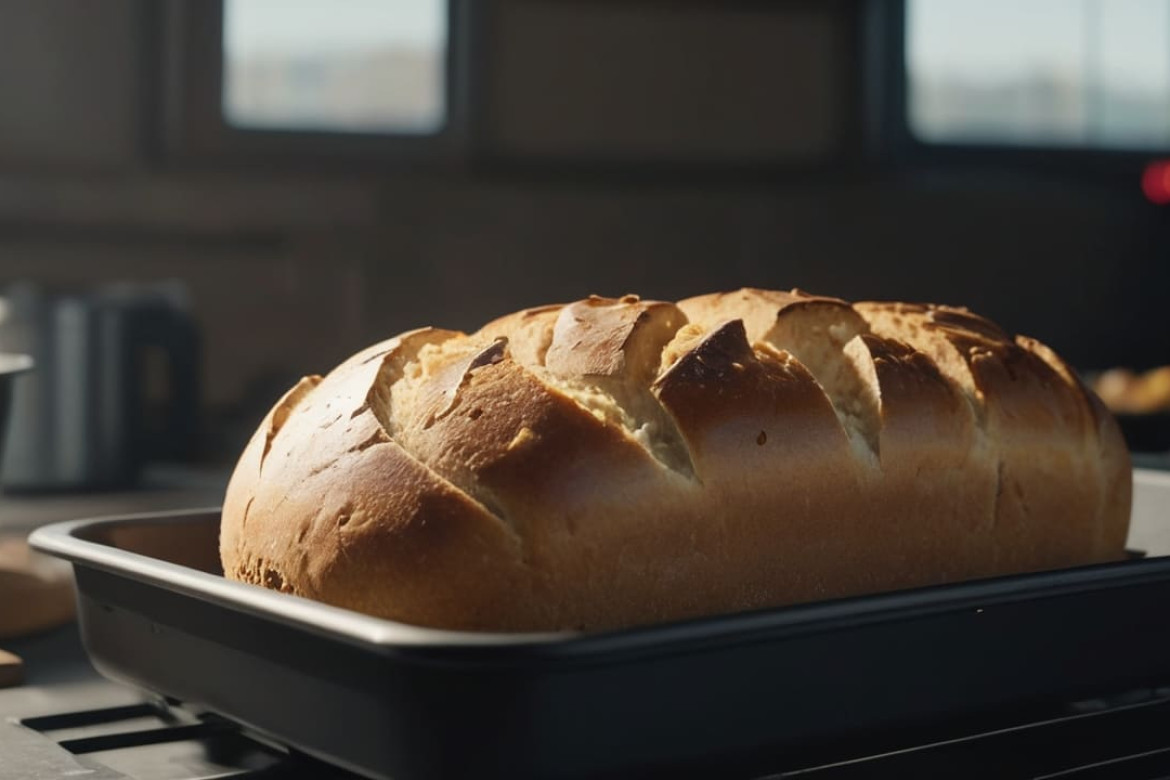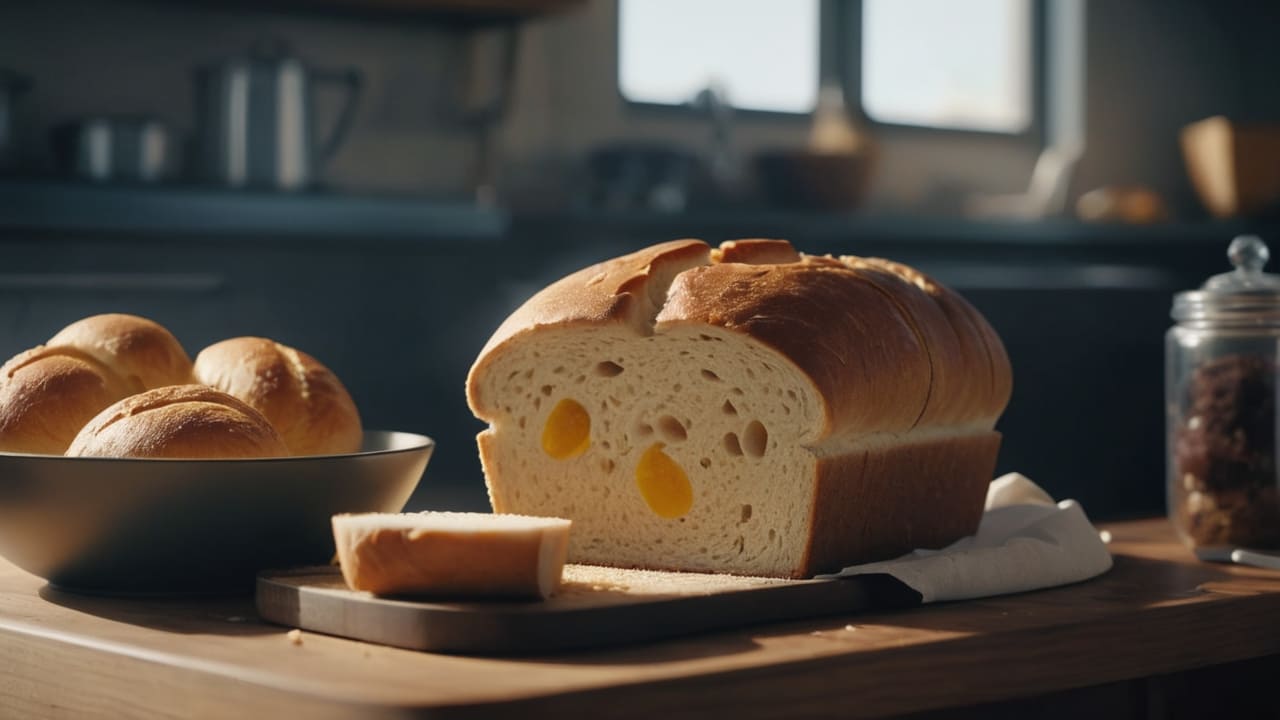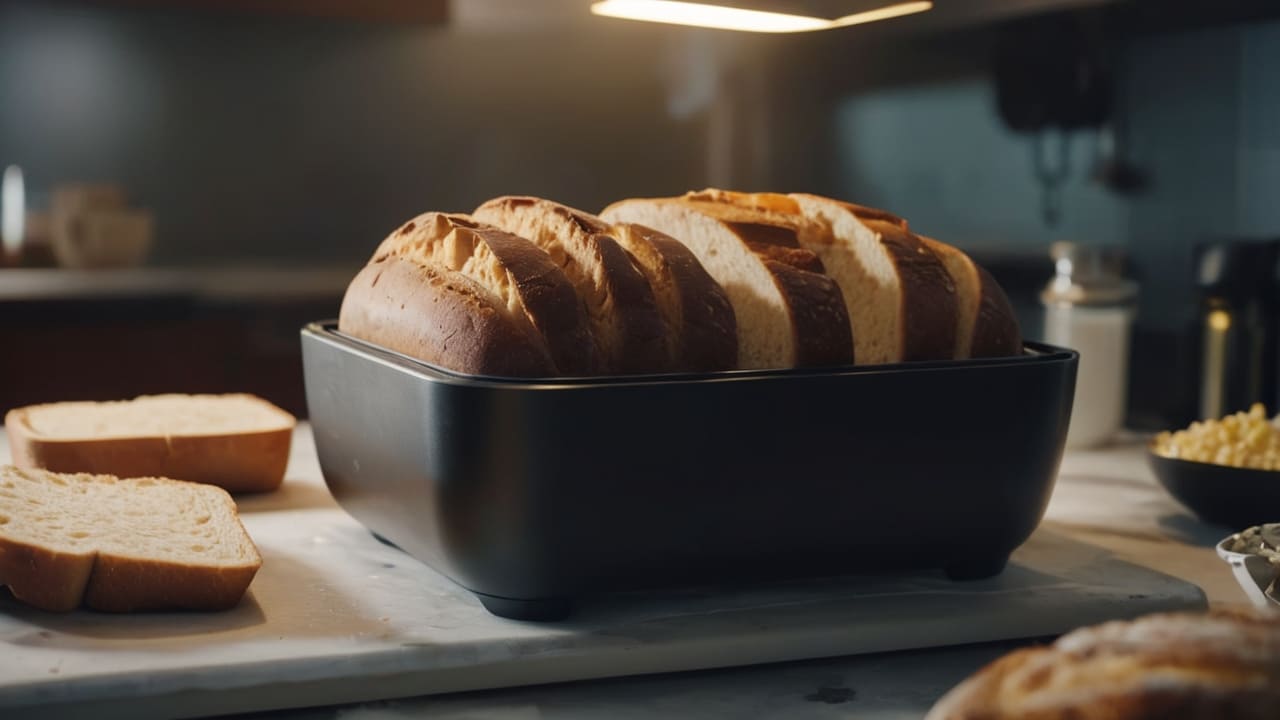

Baking bread at home can be a rewarding experience, especially when you have the best bread baking machine to assist you. However, it's disheartening when your loaf sinks in the middle, ruining the perfect shape you were aiming for. Let's dive into the common causes and solutions for this problem to ensure your bread comes out perfect every time.

One of the most common reasons for bread sinking in the middle is using the wrong amount of yeast. Yeast is crucial for the bread's rise, and too much or too little can cause issues.
Overproofing occurs when the dough is allowed to rise too long before baking. This can cause the dough to collapse, resulting in a sunken middle.
On the flip side, underproofing means the dough hasn't risen enough. This can cause dense, uneven bread that sinks in the middle.
Baking is a science, and inaccurate measurements of ingredients can lead to various issues, including a sunken middle.
Kneading develops the gluten in the dough, which provides structure. Insufficient kneading can lead to weak dough that collapses.
Too much water in the dough can cause it to be too heavy, leading to a sunken middle.

Using a kitchen scale to measure your ingredients can help ensure accuracy and consistency in your bread making.
Follow the recipe's yeast amount precisely. If you're experimenting, remember that too much yeast can cause the dough to rise too quickly and then collapse.
Knead your dough adequately to develop the gluten structure. This helps the dough hold its shape better during baking.
Monitor your dough's proofing time carefully. If you're unsure, poke the dough with a finger – it should spring back slowly, indicating it's ready to bake.
Ensure your dough is not too wet. The dough should be slightly sticky but firm enough to hold its shape.
Each bread maker is different. Always follow the manufacturer's guidelines for best results.
Different recipes can yield different results. Experiment with various recipes to find what works best with your bread maker.
A clean bread maker ensures even baking and prevents contamination that can affect your bread's quality.
There could be several reasons, such as incorrect yeast amount, overproofing, underproofing, inaccurate measurements, insufficient kneading, or high moisture content.
Measure ingredients accurately, use the right amount of yeast, knead properly, control proofing time, and adjust water content.
Yes, different flours have varying gluten contents, which can affect the bread's structure and rise.
Use a consistent, rhythmic motion to stretch and fold the dough, ensuring the gluten develops properly.
You can try reshaping and allowing it to proof again, but the texture may still be affected.
Understanding why your bread sinks in the middle in a bread maker can help you troubleshoot and perfect your bread-making process. By paying attention to yeast amounts, proofing times, and kneading techniques, you can achieve beautifully risen loaves every time. With the best bread baking machine, your bread-making experience can be both fun and rewarding.